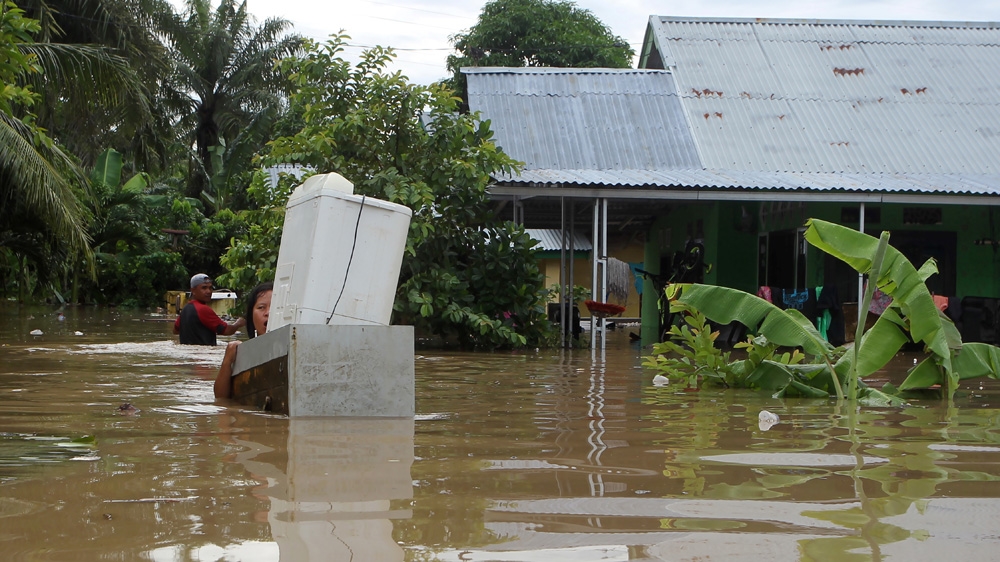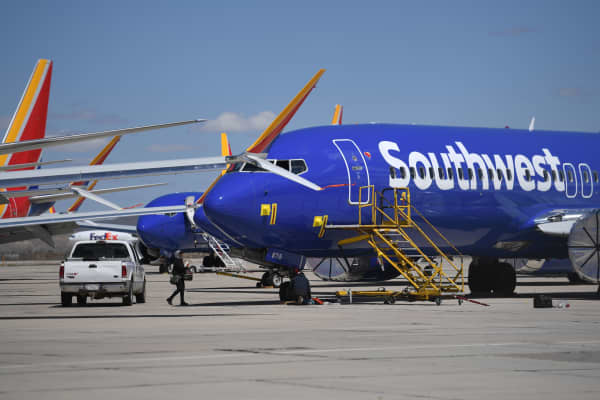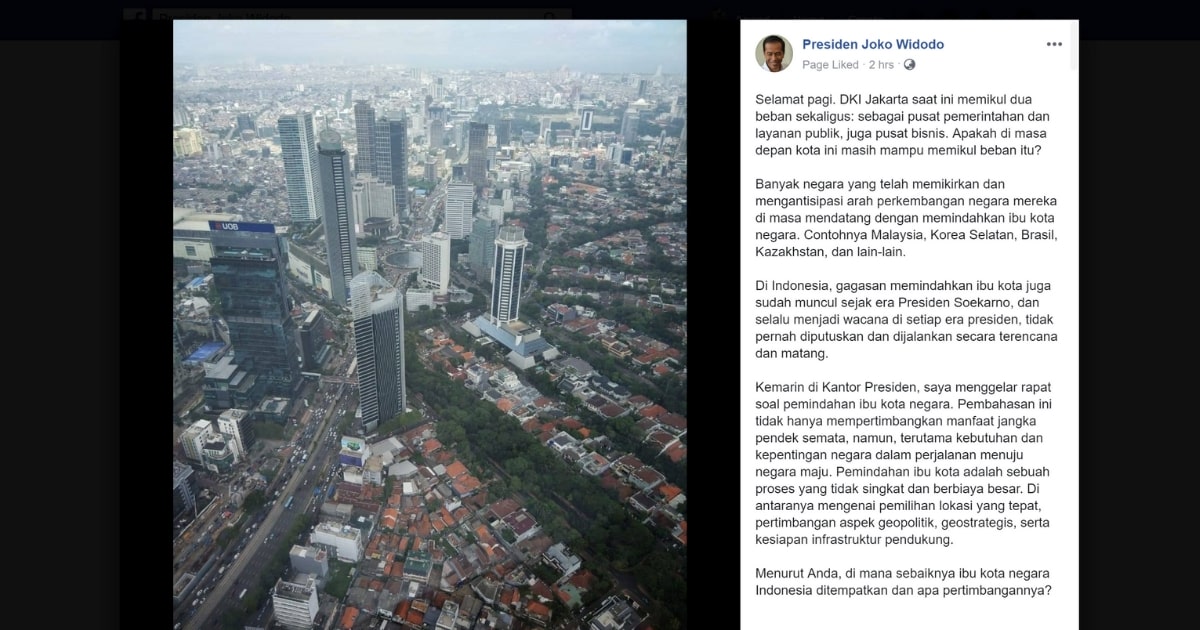
Even if you didn’t hear it yesterday, you’ve probably heard it all before. On Monday, Minister of National Development Planning said that that President Joko Widodo had decided to set into motion plans to relocate the country’s capital from Jakarta to another city on another island in the archipelago.
Some people were, understandably, quite skeptical about the announcement, given the numerous times the government has talked about moving the capital in the past and then … not doing it. In fact, the idea was first proposed by the country’s founding father, President Soekarno, who suggested that the central government’s base of operations be moved to Palangkaraya, the capital of Central Kalimantan, in 1957. Sixty years later in 2017, Minister Bambang said that Jokowi’s administration was serious about starting to move the capital to Palangkaraya as soon as early 2018.
Obviously, that didn’t happen. And although Jokowi’s administration previously seemed to have settled upon Palangkaraya as the new home of the national government, yesterday’s announcement gave no indication as to where the new capital might be.
Based on a post to President Jokowi’s official Facebook account this morning, that may be because they’re genuinely looking for input from citizens on where the new capital should be (or at least want to appear like they are).
Selamat pagi. DKI Jakarta saat ini memikul dua beban sekaligus: sebagai pusat pemerintahan dan layanan publik, juga…
In the post, Jokowi makes his case for moving the capital, acknowledging that it has often been discussed in the past but arguing that now is the time to act. He ends by asking netizens to offer their input on where the capital should be located:
Good morning. Jakarta currently carries two burdens at once: as a center of government and public services, as well as a business center. In the future will the city still be able to carry that burden?
Many countries have thought and anticipated the direction of their country’s development in the future by moving the capital city of the country. For example Malaysia, South Korea, Brazil, Kazakhstan, and others.
In Indonesia, the idea of moving the capital city has also existed since the era of President Soekarno and it has always been discussed in every era of the president, has never been decided and carried out in a planned and mature manner.
Yesterday at the President’s Office, I held a meeting about moving the capital city of the country. We discussed not only the short-term benefits but especially the needs and interests of the state on its journey to becoming a developed country. The transfer of the capital is a process that will take time and be costly. In addition, there is the matter of selecting the right location, consideration of the geopolitical and geostrategic aspects, and readiness of supporting infrastructure.
In your opinion, where should Indonesia’s capital city be located and what should be the considerations?
Jokowi’s post received around 18,000 comments in the first hour (he does have 9.3 million Facebook fans). Here’s a couple of the answers we thought were the most interesting:
“Ready Pak President, so preferably it should be in Kalimantan, because Kalimantan is geographically the center of the archipelago and in geology Kalimantan is relatively safe from geological disasters, and in agriculture it has begun to become more advanced. So my opinion is:
- Palangkaraya should be the capital of the central government and parliament.
- Jakarta should be the center of the economy
- Surabaya should be the central maritime axis.
- Medan, Semarang, Banjarmasin, Balikpapan, Ambon, Manokwari should be central economic hubs of trade in regional goods and services.
God willing, Indonesia will become more advanced and development will be evenly distributed according to the mandate of the five principles of Pancasila.”
“Good morning, President Joko Widodo … in my opinion, the initial choice of studies since the era of President Soekarno have been right: Palangkaraya. Kalimantan is a large island, free from the threat of volcanic disasters, strategically in a central position, has extensive land for the expansion of infrastructure development. Even in terms of social structure, Kalimantan is quite balanced in representing many backgrounds allowing for Bhinneka Tunggal Ika [“Unity in Diversity”, Indonesia’s national motto], as well as a variety of political options that are quite balanced. Hopefully the transfer plan will be smooth and successful, sir.”
Many answers echoed those supporting Palangkaraya but a few noted that moving the capital there could have a detrimental environmental impact:
“Kalimantan is the Lungs of the World. There are important forests there, so if you consider moving the Capital there, I believe the forests will be cut down to be used for development, investors will develop the land and the forests will die. Let the forests exist so that Indonesia can breathe.
In my opinion, Makassar in North Sumatra is the right choice. It’s the Eastern Gate … so that the eastern islands will become more developed and it will be easier for you to go to Papua, … Western Indonesia has already become advanced, gasoline is easy to get, it has electricity. You can see that Eastern Indonesia still needs help to develop.”
While many may consider this latest talk of moving the capital to be just that, talk, there’s no denying that the reasons for moving the capital from Jakarta grow stronger every year: the increasingly awful traffic, overpopulation and the threat of large swathes of the city sinking below sea level over the next few decades.
Having all but officially won the April 17 election, and given that infrastructure development has been a centerpiece of his administration, Jokowi may be in a better position to actually make the capital move a reality than any of his predecessors. But, still, we’re not holding our breaths.
http://bit.ly/2UQcJFX
April 30, 2019 at 12:11PM

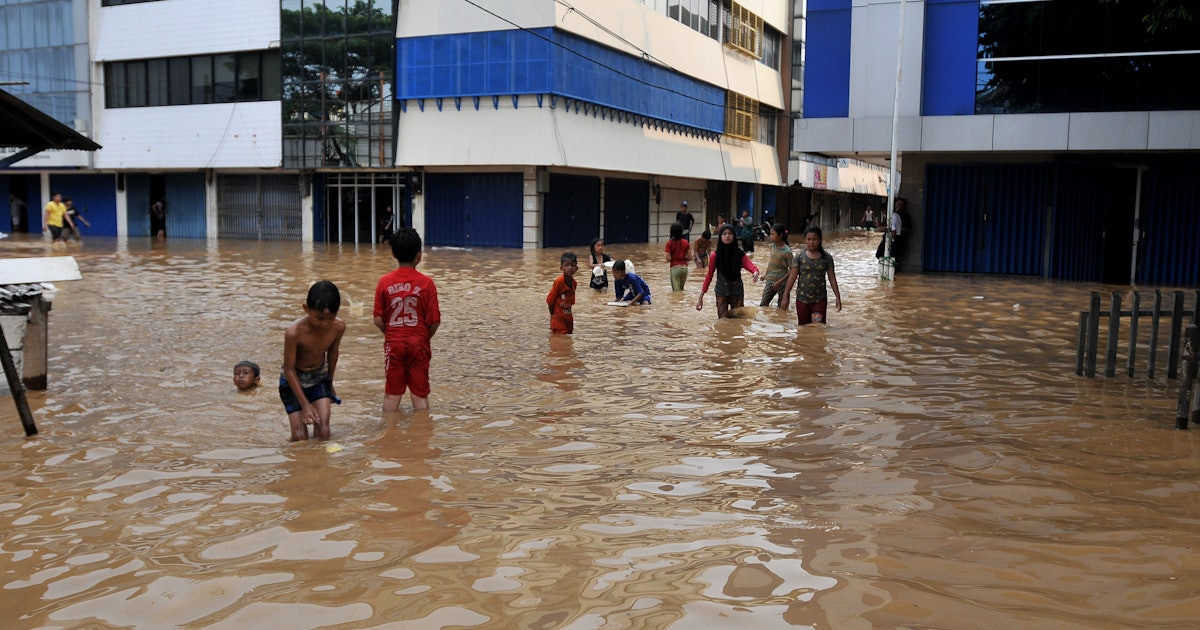
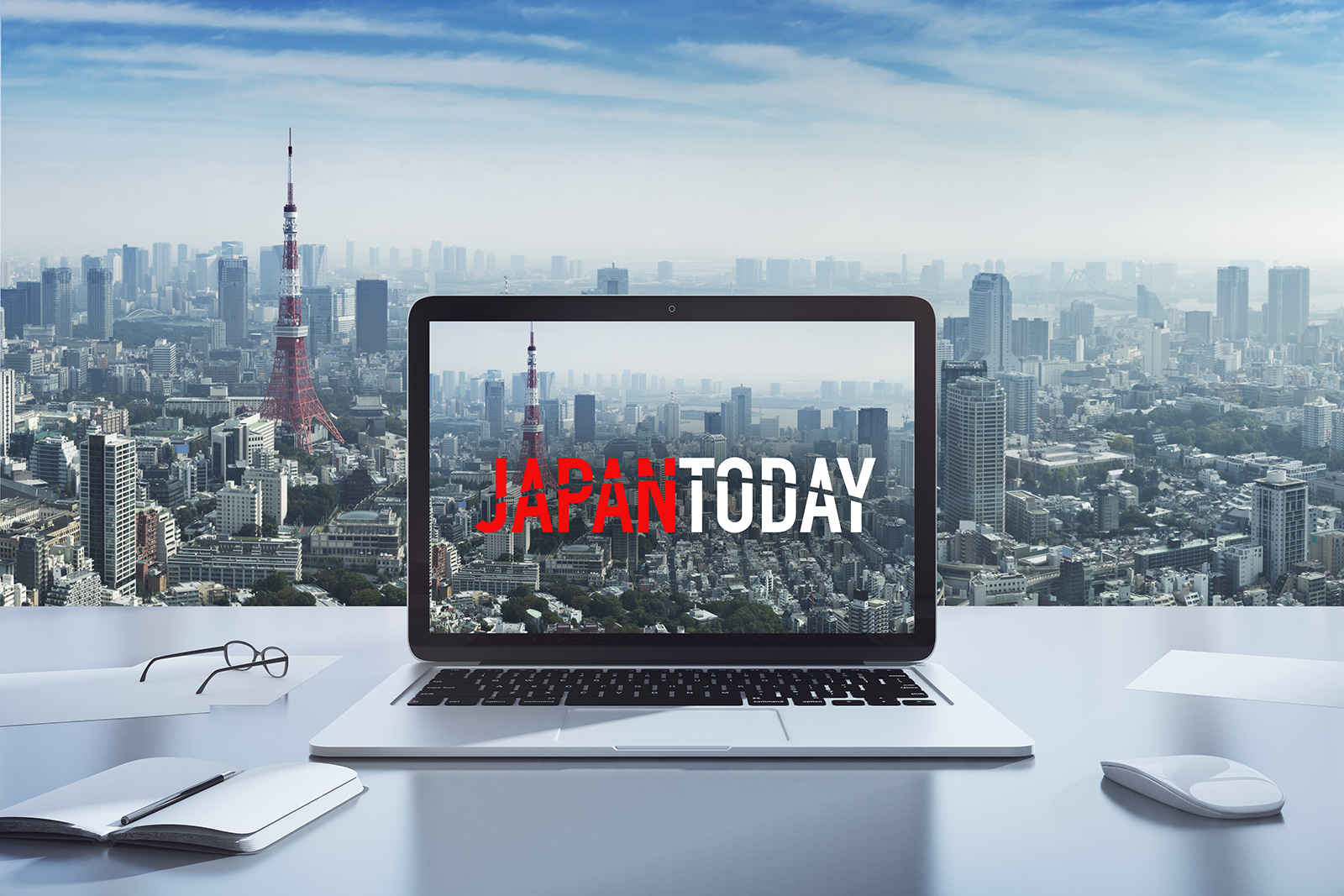
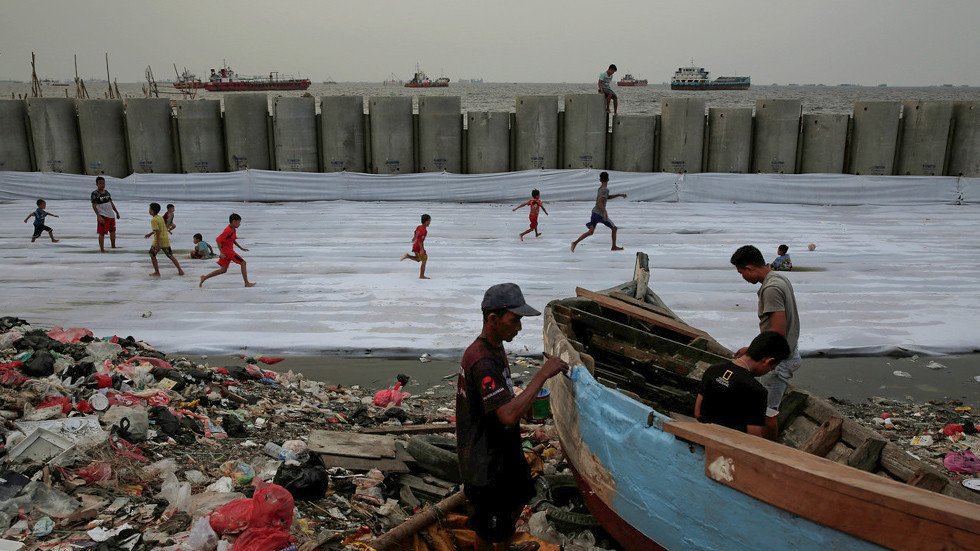



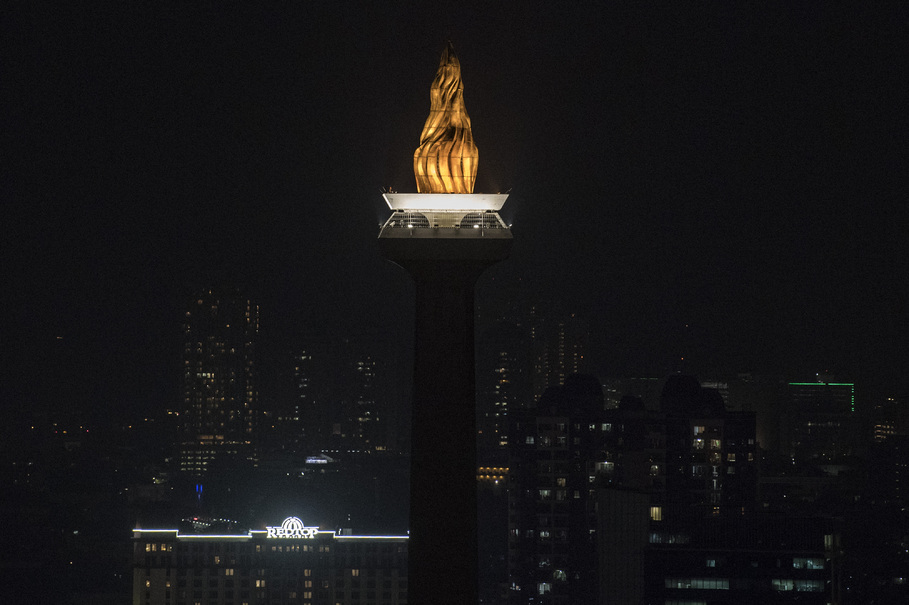
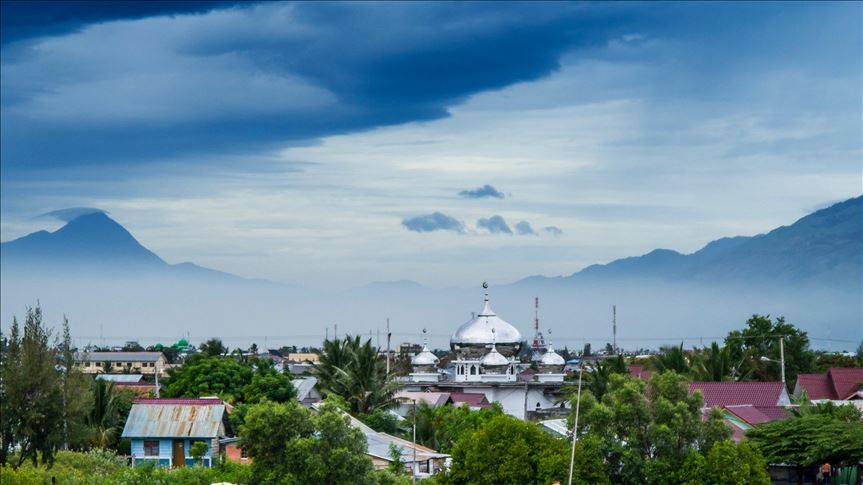
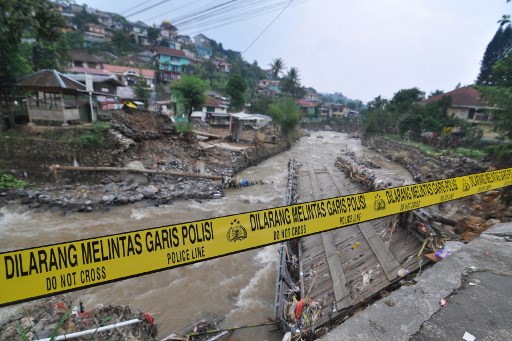



/arc-anglerfish-syd-prod-nzme.s3.amazonaws.com/public/IBK3P3HPXBCY7KAP57ZVAXACMQ.jpg)









